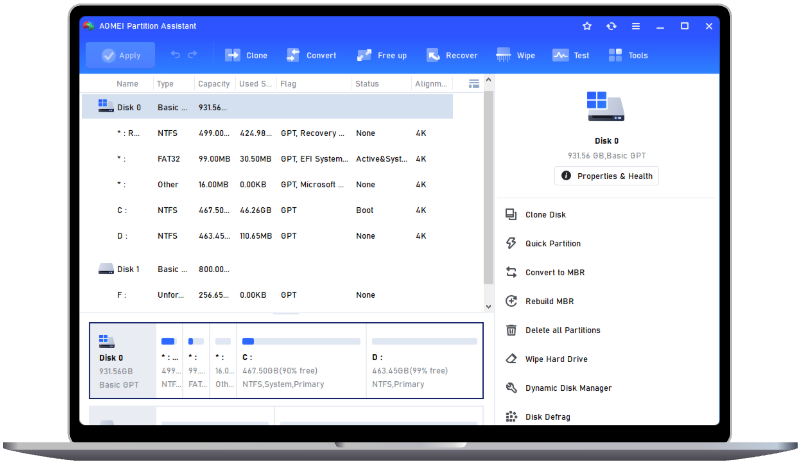Microsoft Releases Windows 11 SE: Designed for Students and Schools with Minor Changes
Windows 11 SE is designed for low-cost entry-level notebooks for educational purposes and is somewhat similar to Windows 10S. This article will introduce you to the detailed information of Windwos 11 SE.
Microsoft released a streamlined version of Windows 11 on November 10, called Windows 11 SE. The SE here obviously represents the student and school version. Windows 11 SE is designed for low-cost entry-level laptops for educational purposes, and it is somewhat similar to Windows 10S. Windows 11 SE is pre-installed with Microsoft applications, including Edge, Office and other cloud applications, and supports selected third-party applications and software. The operating system debuted with the newly released Surface Laptop SE, which is an entry-level laptop for students.
One of the main omissions of Windows 11 SE is that there is no Microsoft Store. Yes, Windows 11 SE does not have an app store pre-installed. Instead, IT administrators will install applications on devices running Windows 11 SE. The new operating system will support third-party applications, but the school administration needs to install these applications on students’ devices. Paige Johnson, director of education marketing at Microsoft, said: "Windows 11 SE also supports third-party applications, including Zoom and Chrome, because we want schools to choose the applications that are most suitable for them."
Microsoft said that it negotiated with several teachers and students for 18 months, and finally developed the required education-focused features on Windows 11 SE. For example, the application always starts in full-screen mode, while the multi-snapshot layout is conducive to single mode. The widget part was also deleted because it would distract students. In addition, Edge now supports Chrome extensions. Windows 11 SE comes with new Bloom wallpapers.
Laptops running Windows 11 SE will be launched later this year, and more devices are expected to be launched in early 2022. Companies such as Acer, Asus, Dell, Dynabook, Fujitsu, Hewlett-Packard, JK-IP, Lenovo and Positivo will all launch Windows 11 SE devices in the next few months. The specifications of these notebooks are similar to the Surface Laptop SE.

